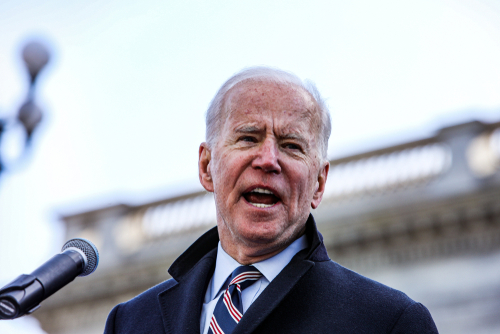As tensions between India and Pakistan mount, Indian aerial offensives have left a deadly toll in their wake.
At a Glance
- At least 26 people were killed and dozens injured in Pakistan due to Indian aerial attacks.
- The Pakistani military described the airstrike as a “blatant act of aggression,” while India called it “measured, non-escalatory, proportionate and responsible.”
- The strike followed a missile assault and rising tensions over a previous attack in Kashmir, which India blames on Pakistan.
- Pakistan denies involvement in the Kashmir attack and has vowed to respond “in self-defense.”
Conflict Overview
The recent conflict between India and Pakistan has intensified, following an aerial offensive by India that resulted in over 26 deaths and many injuries in Pakistan. Tensions have surged since an April incident in Pahalgam, Kashmir, which India claims was perpetrated by militant groups supported by Pakistan. In retaliation, the Indian military launched airstrikes targeting alleged insurgent infrastructure, claiming actions were necessary to counter looming threats to national security.
These airstrikes targeted nine locations over a brief 25-minute operation. Indian officials maintain that the strikes were preemptive measures against “terrorist infrastructure.” The situation appears precarious, with both sides holding firm to their positions and the diplomatic temperature rising in parallel with military action.
Reactions and Consequences
Pakistan responded to the Indian airstrikes with strong condemnation, describing the military action as a “blatant act of aggression.” Pakistani authorities allege the attacks damaged critical infrastructures, including a hydroelectric dam in Pakistan-administered Kashmir. Immediately following the strikes, Pakistan’s Foreign Ministry called for the nation’s senior diplomatic representation to contest India’s actions, emphasizing threats to sovereignty and regional peace.
Pakistan defends its innocence regarding the alleged Kashmir attacks and vows formidable retaliation, invoking both air and ground support, asserting their right to self-defense. Meanwhile, the international community remains watchful, with the U.S. Mission to Pakistan issuing alerts to American citizens to steer clear of conflict zones amid these escalating tensions.
Future Implications
The ongoing conflict continues to threaten the already fragile peace in the region. India maintains its stance on the necessity of the strikes, pointing to ongoing security threats attributed to Pakistan. An official referenced their actions as “measured, non-escalatory, and proportionate.”.
“measured, non-escalatory, proportionate and responsible” – Indian official.
With both nations’ militaries on heightened alert, the potential for further discord grows. An escalation could severely impact civilian lives and regional stability. The international community’s role in mediating these tensions remains paramount to preventing a full-scale conflict. Close monitoring and diplomatic efforts may be required to navigate out of this impasse.






